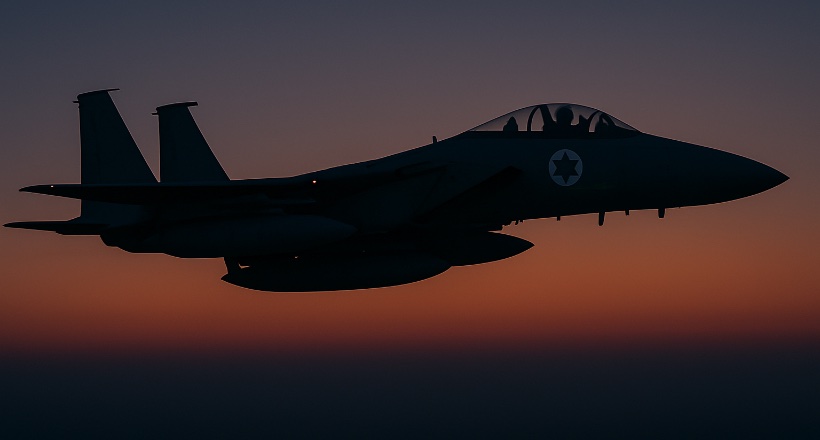Preventive strike on Iran
On June 12, 2025, the International Atomic Energy Agency (IAEA) officially recognized that Iran is not fulfilling its obligations under the nuclear non-proliferation regime. The adopted resolution emphasizes that Tehran continues to restrict inspections, does not provide explanations for the found traces of uranium at closed sites, and is increasing enrichment to levels close to weapon-grade.

Against the backdrop of the escalating threat of the Iranian nuclear project, Israel launched a large-scale preemptive strike, covering the entire territory of the Islamic Republic.
Chronicle of the Israeli attack
On the night of June 13, the Israeli Air Force carried out a massive airstrike on key Iranian military infrastructure objects. Targets included ballistic missile warehouses, nuclear technology development centers, air defense positions, and convoys transporting strategic weapons.
Simultaneously with the aircraft, a network of secret combat systems was activated, previously placed inside Iran as part of a secret operation conducted by Mossad over the last few months.
Mossad’s operational network: three phases of covert war
The strike was made possible thanks to in-depth intelligence work, which accurately identified the location of both key Iranian specialists and military facilities. This was followed by three parallel operations:
1. Ground-based air defense sabotage: Mossad’s mobile launchers
Mossad commando teams in central Iran deployed high-precision guided weapons near Iranian air defense systems. With the start of the attack, missiles were simultaneously launched from positions within the country, destroying key air defense elements. This provided safe passage for Israeli planes deep into Iranian territory.
2. Strikes on air defense from mobile platforms
The second operation involved strike complexes and modern technologies, disguised as civilian vehicles. At the moment of the attack’s start, these systems were brought to combat readiness and destroyed Iranian mobile air defense installations operating outside the stationary defense system.
3. Drone strikes on ballistic missiles
The key element of the operation was the use of drones, previously infiltrated into Iranian territory. A secret drone base, located near Tehran, was activated at a critical moment. Drones destroyed ballistic missile launchers, potentially capable of reaching Israeli territory.
Analysis: Demonstrating capabilities and signaling to Tehran
The operation was not only a response to the failure of diplomacy, as recorded in the IAEA report, but also a signal to regional and global players: Israel is ready to act independently and preemptively in case of a threat to its existence.
Israel demonstrates that its hybrid warfare capabilities include a combination of cyberattacks, covert operations, autonomous strikes, and an open air campaign. For the first time, such a comprehensive system was deployed synchronously on several levels.
Meanwhile, the targets included not only military infrastructure objects but also high-ranking representatives of the Iranian military elite and nuclear program, which also indicates the targeted nature of the strike and a focus on preventing future escalation.
International reaction
The international community expressed concern about the conflict’s development. However, the IAEA resolution serves as a legal and moral backdrop for Israel’s actions. Recognizing the failure of diplomatic efforts, many Western countries refrain from sharp criticism, limiting themselves to calls for de-escalation.





